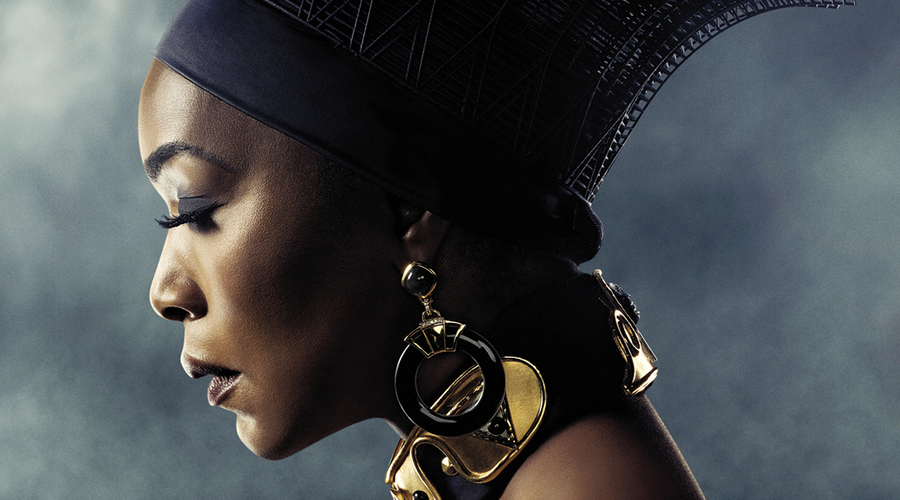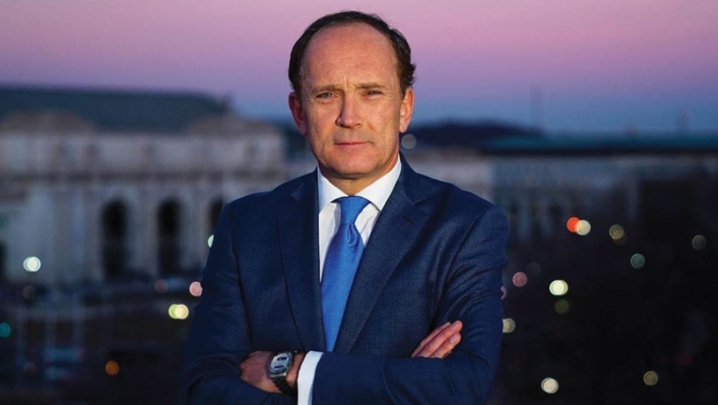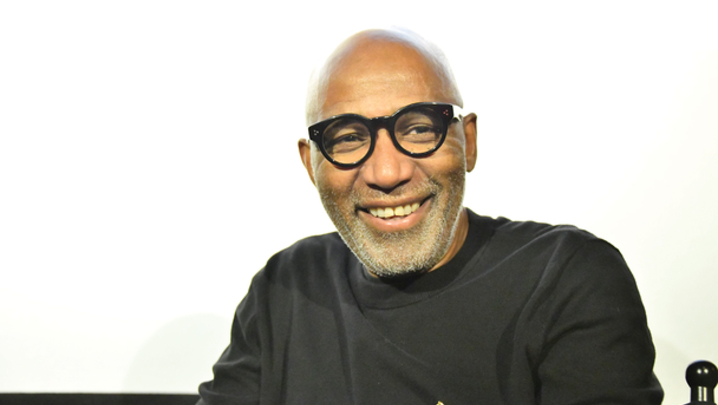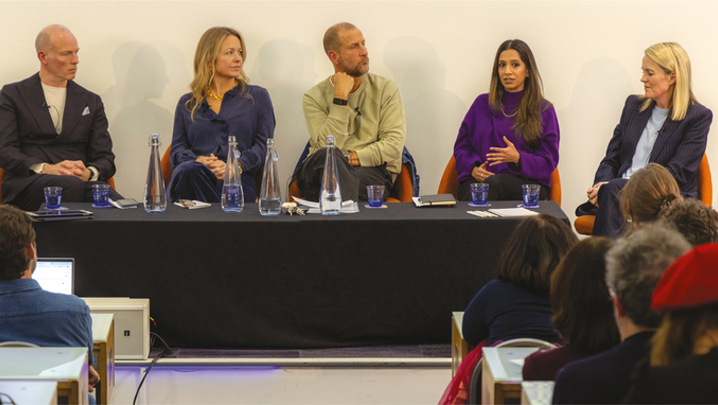Marcus Ryder offers some advice to British producers worried by the complexities of appealing to Chinese audiences
A few months ago, the trade association Pact organised a group of television producers, directors and industry insiders to visit China. One of the producers on that trip was an old friend. We were able to catch up over dinner when I took her to a street-food spot that most tourists miss.
The British producer had been in meetings with top Chinese media executives. She said there had been a number of really positive conversations. But there had been one question she had been dying to ask her Chinese counterparts but had put off for fear of offending them. Over some Yunnanese specialities, she asked me in a whisper, “Is China’s TV audience racist?”
Putting my personal politics to one side, I think that this is not only a fair question to ask but an incredibly important one. If British television producers are to succeed in selling their programmes in what is, measured by revenue, the third-largest TV market in the world, they need to know what Chinese audiences like and dislike.
This can influence who you cast in a lead or even the types of stories you tell. After all, diversity might be great to talk about but not so great if it prevents an entire market from buying your programme.
This question of whether China’s film and TV audiences are racist was brought into sharp focus earlier this year with the release of the movie Black Panther. Around the world, the movie was heralded as a breakthrough for diversity. It had an almost exclusively black cast and was predominantly set in Africa. Crucially, it broke box-office records.
But, in China, the international media focused on how badly it did compared with its popularity in the US and Europe. Significantly, the commentators assigned a large part of that to a racist audience.
If I was a UK media exec keen to break into the Chinese market, my one takeaway from the Black Panther headlines would be: do not cast black people in leading roles.
"China is consuming Bollywood films as never before"
However, on closer examination of the Black Panther numbers, the Chinese audience appears far from racist. First of all, the movie took $21m on its opening day, the second-highest debut for a Marvel movie in China. It is true that, after an amazing opening weekend, ticket sales dropped dramatically. Cue the predictable headlines that this was evidence of China’s racism.
But if the newspapers had returned to the story not long after, they would have found that it went on to make $100m in just two weeks. This was ahead of established superhero franchise episodes, such as Avengers: Age of Ultron and Spider-Man: Homecoming.
And if you start to look at other foreign movie successes, China seems positively to embrace non-Chinese, non-white actors. China is consuming Bollywood films as never before.
The Hindi-language film Dangal was a huge hit in 2017, earning $190m. It wasn’t a one-off. Its success has been followed by other Indian films, such as Secret Superstar, Bajrangi Bhaijaan and Hindi Medium.
I mention these details because I think it is important for British TV producers to know what Chinese audiences think of non-white, non-Chinese actors in films. They should not be scared of making casting decisions that accurately reflect the globalised, multicultural world we live in.
“So, are you telling me that Chinese people are not racist?” asked my British producer friend. I almost choked on my pineapple rice (a wonderful Yunnanese speciality, by the way) when she asked me that one. In China, I have experienced levels of racial ignorance that I have never experienced elsewhere. I’ve seen adverts for personal English tutors specifically ask for “whites only”. It is not uncommon for black people to be photographed at tourist attractions almost as much as the attraction itself.
However, based on my experience of living in China for almost three years, this racial ignorance does not translate into Chinese people rejecting black characters on screen.
But, anecdotally, there does seem to be a strong reaction against political correctness. In speaking to Chinese friends and colleagues, if viewers perceive any political correctness in the casting or the story being told, they will often reject elements of the show out of hand.
"As you would expect with a population of 1.4 billion people, the Chinese television audience is a complex one"
I have received different explanations for this. Some suggest that it is a reaction to western ideology and values, which some viewers see as propaganda.
Other people have proposed almost the opposite, that it is a reaction to a history of Chinese state propaganda, where people have been told what to think, and so they balk at any hint of “thought-police”.
In 2014, the UK and Chinese governments signed a memorandum of understanding to increase film co-productions between the two countries. At the same time, Pact brokered a deal with the Chinese state broadcaster aimed at increasing programme commissions, co-productions and acquisitions.
An early win for the UK was Silvergate Media getting two children’s series on screen later that year. But other successes have been slow to come. BBC Studios has a representative in Beijing examining co-production and licensing opportunities.
As you would expect with a population of 1.4 billion people, the Chinese television audience is a complex one. It defies easy categorisation. But trying to understand that complexity is key to British companies succeeding in the Chinese market. Simple stereotypes about the Chinese audience will not help; understanding the nuances of what makes the audience tick will.
And, as I told my producer friend from Pact, if you are lucky enough to cast Idris Elba or Thandie Newton as the lead of your next six-part series, please do not lie awake at night worrying that China won’t buy your show.
Marcus Ryder is chief international editor of China Global Television News.







